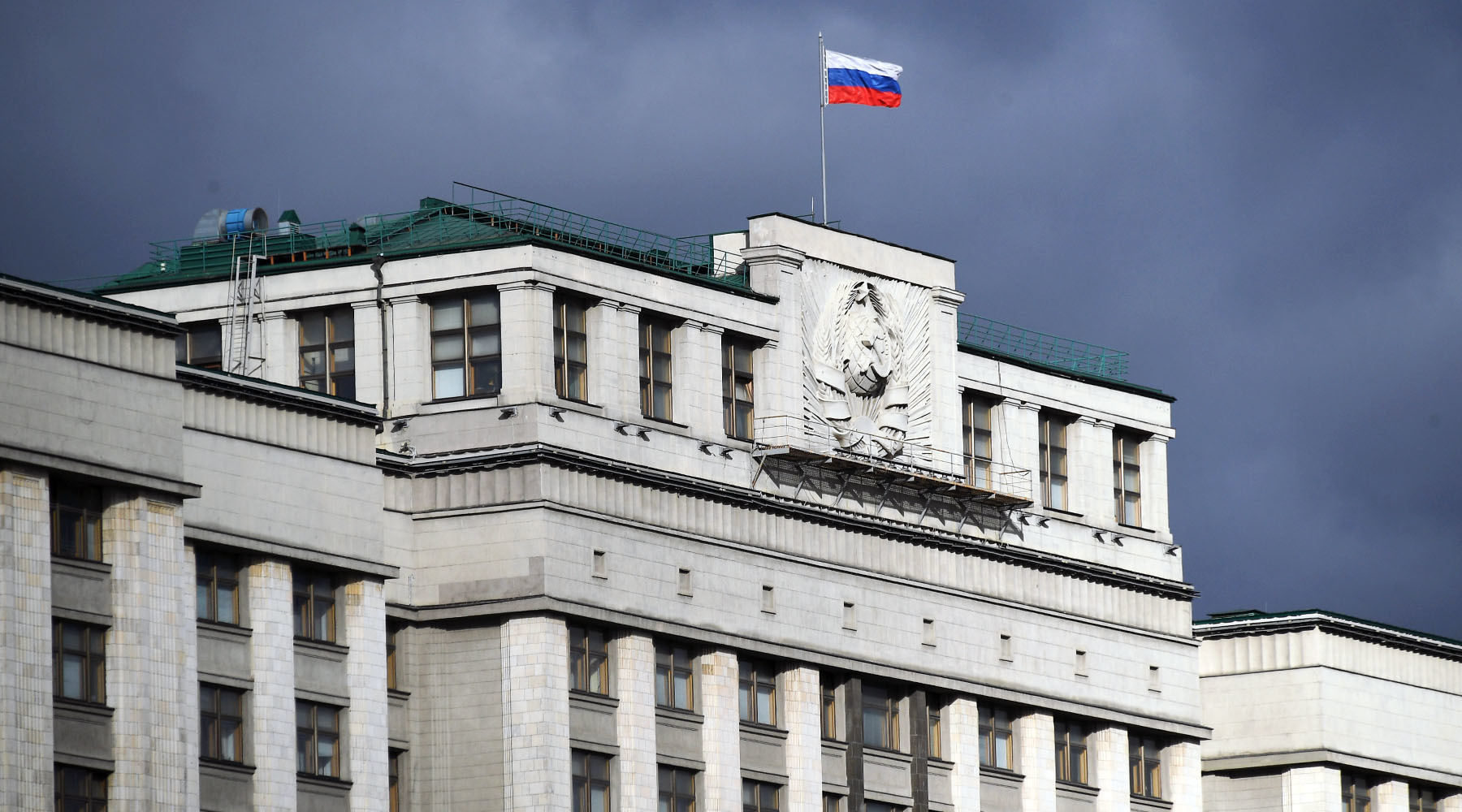Russian President Vladimir Putin has rejected a bill to tighten the rules for citing in the media.
This follows from the data in the document card posted on the State Duma website.
According to the current legislation, the media (editorial office, editor-in-chief and journalist) in some cases are not responsible for the dissemination of information that does not correspond to reality and defame the honor and dignity of citizens and organizations.
In particular, if this occurs during the verbatim reproduction of materials from another mass media, which can be identified and prosecuted.
According to the amendment to the law "On Mass Media" proposed and approved by both chambers of parliament, it was proposed to clarify this point and remove the blame from the media for quoting another media, if its editor-in-chief "can be installed and held accountable for this violation."
In addition, it was proposed to extend the effect of paragraph 6 of Article 57 of the law on mass media to online publications.
One of the initiators of the bill, State Duma deputy Yevgeny Revenko called the decision of the head of state to reject the bill "standard procedure."
“Obviously, there are some additional considerations that we have to get acquainted with.
The bill will be finalized taking them into account and considered already within the framework of the new, VIII convocation of the State Duma, "he told RT.
The press secretary of the Russian leader Dmitry Peskov also stated that the law will be finalized in the fall.
"The president has questions about some parts of this law, in particular, to the parts where it is a question of exemption from responsibility, so the president considered it necessary to return this law for revision," the Kremlin spokesman explained.
Commenting on the president's decision, the head of the State Duma Committee on Information Policy, Alexander Khinshtein, told TASS: “It will be refined.
In part, how can we make a more transparent system here, so that there is no abuse of freedom of speech. "
In turn, the head of the Federation Council Committee on Constitutional Legislation and State Construction Andrei Klishas noted: “The approach formulated by the president is subject to careful consideration.
The parliament will return to this issue in the fall ”.
Managing partner of the "Collegium of Media Lawyers" Fyodor Kravchenko, in a conversation with RT, explained why he agreed with the president's decision to veto the law.
“The current version of the law, although it was adopted a long time ago, on the whole does not need any urgent correction.
This does not mean that Article 57 of the Law on Mass Media does not cause any difficulties in law enforcement.
It's just that it's better to first try to fix these difficulties with the help of explanations of the courts.
In particular, the plenum of the Supreme Court ... Introducing hasty amendments to the law without a very thorough study with the expert community did not solve the problem of this article, ”he said.
The expert also noted that the head of state very rarely resorts to the decision to return the document for additional consideration by the legislators.
“I must say that the practice of the president using his veto right and the president’s using his veto right in recent years has been very insignificant.
And in the field of media legislation, I just don’t even remember the last time there were such precedents, ”added Kravchenko.
RIA News
© Maxim Blinov
Recall that the lower house of parliament adopted the bill on May 19, and the Federation Council approved the document on June 2.
The head of state returned the legislative initiative for revision on June 15, and the next day the State Duma Council sent it to a specialized committee.
Let us add that during the consideration of the document, one of its initiators, deputy Sergei Boyarsky, called the amendments approved by the draft law a "technical clarification".
“As for bringing to responsibility, we have only clarified the wording.
Everything will remain as it was.
This does not apply to those media that quote each other, it concerns the "rascals" who invent something and pass it off as a quote from another media outlet that they invented themselves, "he told RBC.
On the eve of the 7th convocation, the State Duma held its last meeting.
On the same day, Vladimir Putin signed a decree on the appointment of elections of deputies to the lower house of parliament for September 19, 2021.
According to the head of the CEC Ella Pamfilova, the voting will take place within three days - from 17 to 19 September.

